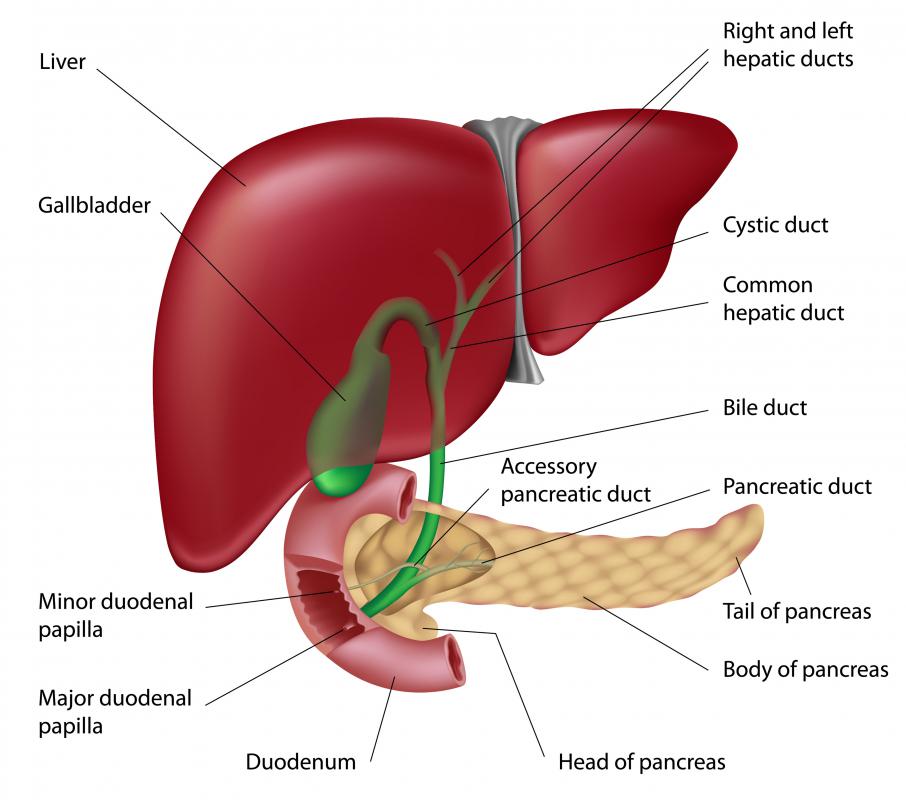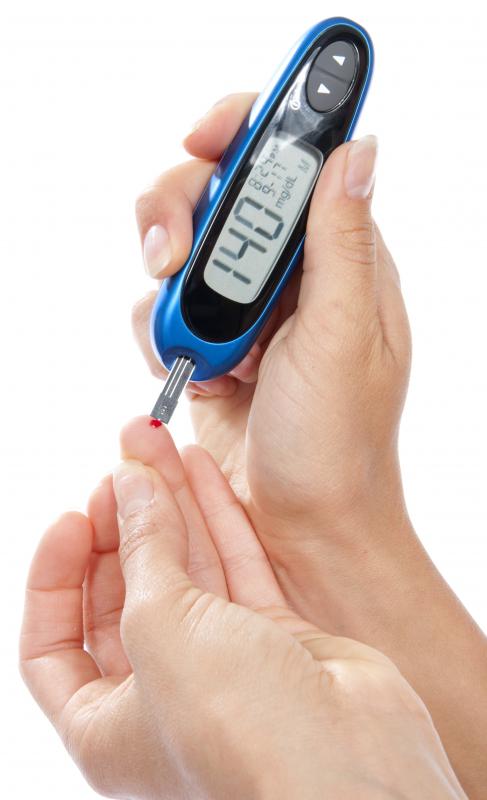At TheHealthBoard, we're committed to delivering accurate, trustworthy information. Our expert-authored content is rigorously fact-checked and sourced from credible authorities. Discover how we uphold the highest standards in providing you with reliable knowledge.
What is Blood Sugar?
Blood sugar, also known as blood glucose, is the body’s fuel that feeds the brain, nervous system, and tissues. A healthy body makes glucose not only from ingested carbohydrates, but also from proteins and fats, and would not be able to function without it. Maintaining a balanced blood glucose level is essential to a body’s everyday performance.
Glucose is absorbed directly into the bloodstream from the intestine and results in a rapid increase in the blood glucose level. The pancreas releases insulin, a natural hormone, to prevent glucose levels in the blood from rising too high, and aids in moving glucose into the cells. The sugar is then carried to each cell, providing the energy needed to carry out the cell's specific function.

Healthy blood glucose levels are considered to be in the 70-120 range. One high or low reading does not always indicate a problem, but if a medical professional suspects that there may be concern, the level should be monitored for 10 to 14 days. There are several different tests that can be administered to determine whether an individual has a problem maintaining a normal glucose level, including a fasting blood sugar test, an oral glucose test, or a random blood sugar test. Blood glucose levels that remain either too high or too low over time may cause damage to the eyes, kidneys, nerves, and blood vessels.

Hypoglycemia, a condition caused by low blood sugar levels in the body, can be extremely debilitating if not controlled properly. Symptoms include shaking, irritability, confusion, strange behavior, and even loss of consciousness. These symptoms can be corrected by ingesting a form of a sugar such as a hard candy, a sugar pill, or a sweet drink. Ingesting one or more of these forms of sugar quickly raises the bodies blood glucose level and has an almost immediate effect.

Hyperglycemia occurs when the blood sugar levels in the body are higher than normal. Symptoms of this condition include excessive thirst, frequent urination, tiredness, weakness, and lethargy. If the levels become excessively high, a person can become dehydrated and comatose.
Diabetes occurs when the pancreas either produces little or no insulin, or the cells do not respond appropriately to the insulin produced. There are three main types of diabetes: Type 1, Type 2, and gestational diabetes. Type 1 occurs when the body’s immune system attacks insulin producing cells in the pancreas, destroying them and causing the organ to produce little or no insulin. Type 2 is the most common and is associated with age, obesity, and genetics. Gestational diabetes develops only during pregnancy, but means an increase in the chance of the woman developing Type 2 diabetes in the future. All three types are serious and need to be monitored regularly.

Several changes to a lifestyle can be made to maintain healthy blood sugar levels. Choosing a healthy diet by eating as many vegetables as possible, cutting down on sugary snacks and drinks, and replacing white rice and pasta with whole wheat will help tremendously. Participating in a regular exercise program will not only help to maintain healthy blood glucose levels but will help keep body weight down. Making these practices become habit can dramatically increase a person's quality of life.
AS FEATURED ON:
AS FEATURED ON:



















Discussion Comments
Sunny27- I agree with you. More people should take advantage of some of the low glycemic diets available.
The South Beach diet for example offers a low glycemic approach to weight loss. By eating foods with less sugar and more lean protein, you tend to stay fuller longer and don’t experience the quick rise and fall of blood sugar that leaves you tired.
You don’t experience that afternoon slump and you generally have more energy. I tried it and lost weight fast. I loved the changes in how I felt also.
Great article - people with diabetes generally need to conform to a low glycemic diet. For example while bread is probably the worst item that a diabetic can ingest and it should really be substituted with whole grain bread. But everyone should keep an eye on their blood sugar.
According to the Glycemic Index Foundation, if blood sugar is left unchecked it can lead to a variety of health issues from heart disease, stroke and type 2 diabetes.
This is a growing trend that is likely to continue if more people don’t watch their blood sugar. But monitoring your diet, one day at a time makes a big difference in the long run.
Post your comments